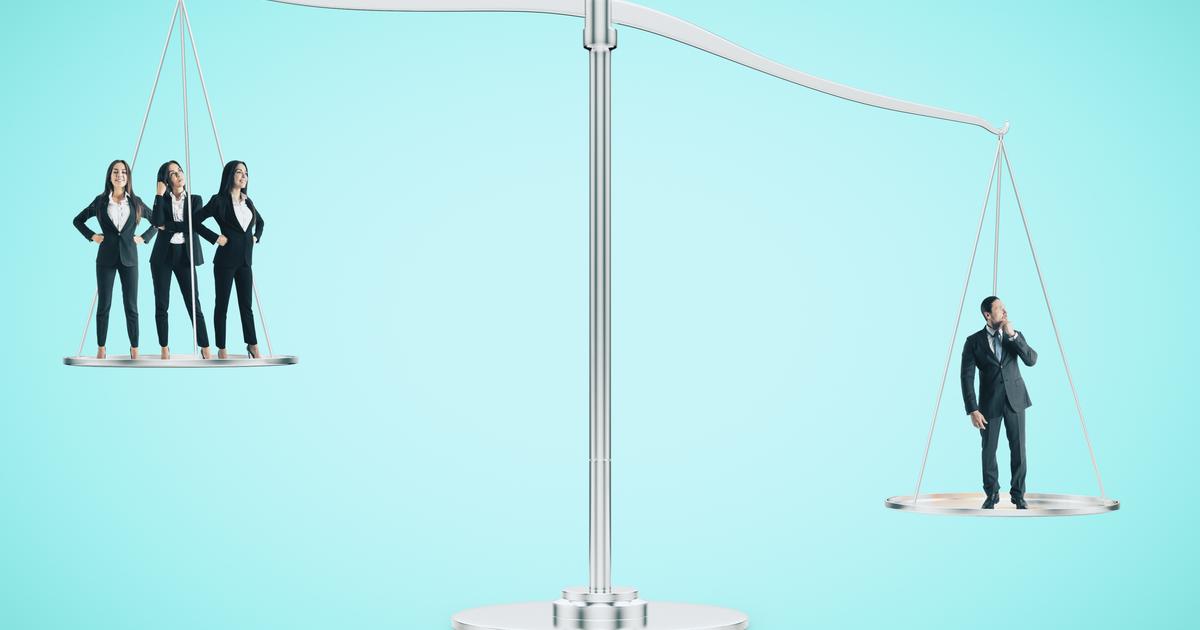Equality in Germany is making little progress: the proportion of women in parliaments has declined, and women also have significantly worse educational opportunities than men. This is the result of a new study by the World Economic Forum (WEF).
The WEF's Global Gender Gap Report is published annually. In the current issue, Germany slipped to 14th place overall, two places lower than last year. In the first ranking in 2006, the Federal Republic was still in 5th place. Iceland remains the leader.
For the report, the WEF examined in 149 states how well equality was achieved in four areas. As a comparison value, it is calculated how much the justice gap between men and women has already been closed.
- Economy : Factors are, for example, women's salaries and their chances for managerial positions. Here the report certifies that the gender gap in Germany is 73 percent closed - place 36 in the ranking.
- It looks better when it comes to access to education : the authors of the Federal Republic attest that the gap in justice has been closed by almost 98 percent. However, numerous other countries have even better values here, so that Germany only ranks 97th in this field.
- In terms of opportunities for political participation , Germany comes in 12th place with a value of just under 42 percent worldwide.
- Life expectancy is evaluated in the field of health . The gap is 97 percent closed, the authors write - but it is only enough for 85th place internationally.
Overall, equality is stagnating, and in some areas the gap is even growing again, warns the WEF. The gap between men and women in health and education has increased. The gap has only been narrowed in terms of economic equality, but the proportion of women in the global workforce has decreased.
Last year, for the first time since the study was published in 2006, the authors noted a widening gap between women and men worldwide. Against this background, the - albeit marginal - improvement in this year is to be welcomed. Worldwide, the gender gap is therefore 68 percent closed.
Leading Western Europe as a region
"More than ever, societies cannot afford to do without the skills, ideas and perspectives of half of humanity," said Klaus Schwab, founder of WEF. Only with the equal participation of women can the promise of a more prosperous and human-oriented future be realized.
There are problems almost everywhere. Leader Iceland was also rated worse with a gap of 85.8 percent than in the previous year (88 percent). There, the gap between female MPs and civil servants and managers has widened.
This is followed by Norway, Sweden and Finland as well as Central American Nicaragua and East African Rwanda. The USA dropped two places to 51st. Western Europe remains the region with the highest level of equality (75.8 percent), with the Middle East and North Africa (60.2 percent) at the bottom.
At the current pace, it will take longer to close the global gender gap, the authors write. For the 106 countries that were already examined in 2006, they expect 108 years - compared to 100 in the previous report.
In other words: if you want equality, you have to be patient at the current pace of change. It would therefore take 202 years before equality in the workplace.













